Funscienceexperiments - Fun And Easy Science Experiments For Kids
More Posts from Funscienceexperiments and Others
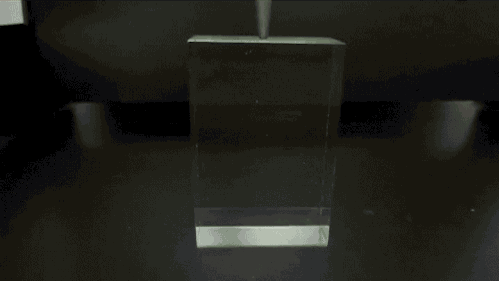
Lightning being frozen in what’s known as a Lichtenberg figure
(Source)

Materials: 1. Baking Soda 2. Vinegar 3. A Container to Hold Everything 4. Baby Food Jar 5. Red food coloring 6. Liquid dish washing soap 7. Clay Steps: 1. First, create a cone/ volcano shape out of clay. 2. Next, put the jar into the volcano at the top. 3. Then, add 2 spoons of baking soda 4. Next, add a spoon of dish soap 5. Then, add 10 drops of the food coloring. 6. Finally, add an ounce of vinegar into the container. Lesson: The baking soda is a base while the vinegar exist as the acid for the experiment. When they react, they create water and carbon dioxide. The reason the "lava" fizzes is because the carbon dioxide is escaping from the solution.

GOING “GREEN” IN THE ARCTIC
The growth of vegetation in Arctic climatic regions may begin to resemble that of more temperate and tropical regions. Researchers from NASA and Boston University conducted a 30-year study based firmly on satellite information to make this assertion.
Keep reading
Heat and air movement demonstration 2 of 2. When you light a tea bag on fire, it creates a column of hot air that’s inclined to rise. And when the tea bag becomes light enough, it gets carried along!
If you want to try it yourself, there’s more information here. Make sure you’re using a simple paper teabag that you can unfold into an approximately cylindrical shape–fancy ones, like the pyramids, won’t work. And please take appropriate fire safety precautions! I keep a fire extinguisher handy for these demos.


The beautiful rings of Saturn. (NASA: 1, 2)

Materials: 1. A wooden skewer 2. A clothespin 3. 1 cup of water 4. 2-3 cups of sugar 5. A tall narrow glass
Steps: 1. First, clip the skewer into the clothespin so that it hangs down inside the glass and is 1 in from the bottom of the glass. 2. Next, remove the skewer and clothespin and put the aside. 3. Then, pour the water into a pan and boil it. 4. Next, pour ¼ cup of sugar into the boiling water and stir till it dissolves. 5. Then, keep adding more sugar, each time stirring until it dissolves. 6. Next, remove the heat and allow it to cool for 20 minutes. 7. Then, ask an adult to pour the mixture into the jar to the top. 8. Next, submerge the skewer into the glass so it is hanging straight down the miss without touching the sides. 9. Finally, put it somewhere where it would not be disturbed and wait for the sugar crystals grow over the next 3-7 days.
Lesson: When you mix water and sugar, you created a saturated mixture, which means that the water could only hold the sugar if it was very hot. As the water cools, the sugar turns into crystals on the skewer.

How To Create Electricity From Falling Water
You can generate sparks of 5,000 to 10,000 volts of electricity using only two streams of water and metal mesh. Want to replicate the experiment at home? See how… http://bit.ly/1rxaoKJ
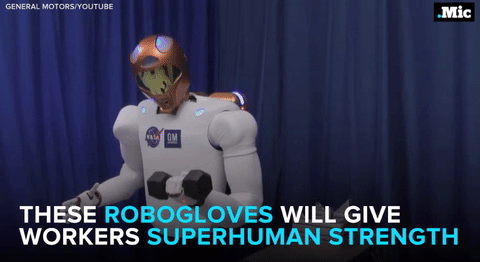

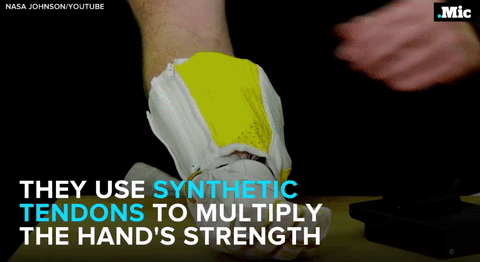


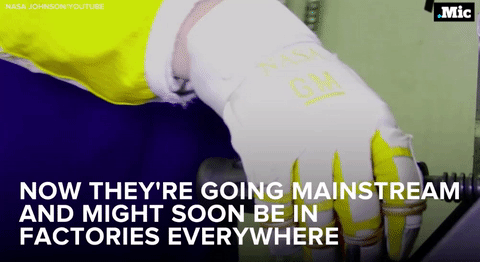
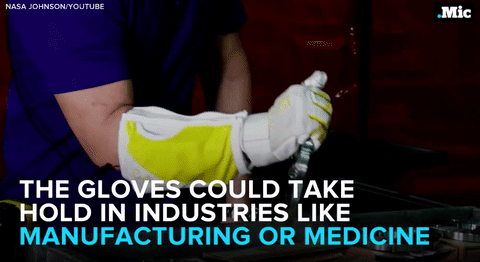
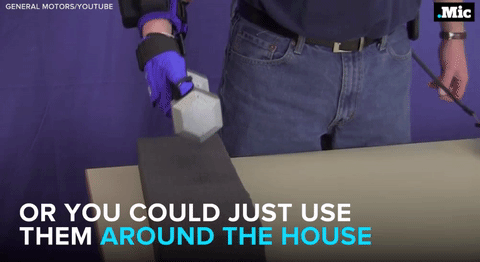

Follow @the-future-now
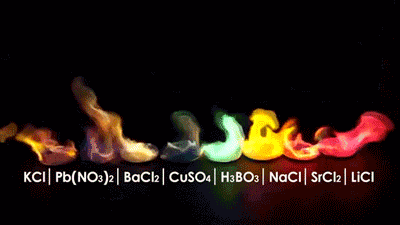
These colourful flames are awesome! Mixing different compounds with flammable substances causes the different colours… just don’t try this at home.

Grains of sand under a microscope
-
 colorfulcollectorpirate liked this · 2 years ago
colorfulcollectorpirate liked this · 2 years ago -
 funscienceexperiments reblogged this · 8 years ago
funscienceexperiments reblogged this · 8 years ago -
 homo6900 liked this · 9 years ago
homo6900 liked this · 9 years ago -
 thatzeffedup-yo reblogged this · 10 years ago
thatzeffedup-yo reblogged this · 10 years ago -
 nastygiggles liked this · 11 years ago
nastygiggles liked this · 11 years ago -
 okayyesnookay liked this · 11 years ago
okayyesnookay liked this · 11 years ago -
 lydiaqueenofevil liked this · 11 years ago
lydiaqueenofevil liked this · 11 years ago -
 lydiaqueenofevil reblogged this · 11 years ago
lydiaqueenofevil reblogged this · 11 years ago -
 joannataco reblogged this · 11 years ago
joannataco reblogged this · 11 years ago -
 joannataco liked this · 11 years ago
joannataco liked this · 11 years ago -
 manicmommax2 reblogged this · 11 years ago
manicmommax2 reblogged this · 11 years ago -
 manicmommax2 liked this · 11 years ago
manicmommax2 liked this · 11 years ago -
 timelord-consultant liked this · 11 years ago
timelord-consultant liked this · 11 years ago -
 happy-little-vegemitee liked this · 11 years ago
happy-little-vegemitee liked this · 11 years ago -
 flyingwingsandsoaringleap reblogged this · 11 years ago
flyingwingsandsoaringleap reblogged this · 11 years ago -
 that-kid-ash-t-on3-blog liked this · 12 years ago
that-kid-ash-t-on3-blog liked this · 12 years ago -
 centreforthebored reblogged this · 12 years ago
centreforthebored reblogged this · 12 years ago
Hi everyone! I'm Ashley P. and I'm a Girl Scout who wants to make a difference in the world. Currently, I've been working on my Gold Award Project, which is a project where Girl Scouts solve an issue in their community to earn the Gold Award. The Gold Award is the highest award a Girl Scout can achieve. In my project, I'm addressing the issue on how there are a lack of women in the STEM field by creating a program to do fun science experiments with younger girls. Also, I constructed this blog for parents and children to do exciting and simple experiments with their kids to spark a passion in this subject like what happened to me as a child. I hope you enjoy and try to accomplish the experiments I post! Also, please have adult supervision while completing these experiments.
210 posts